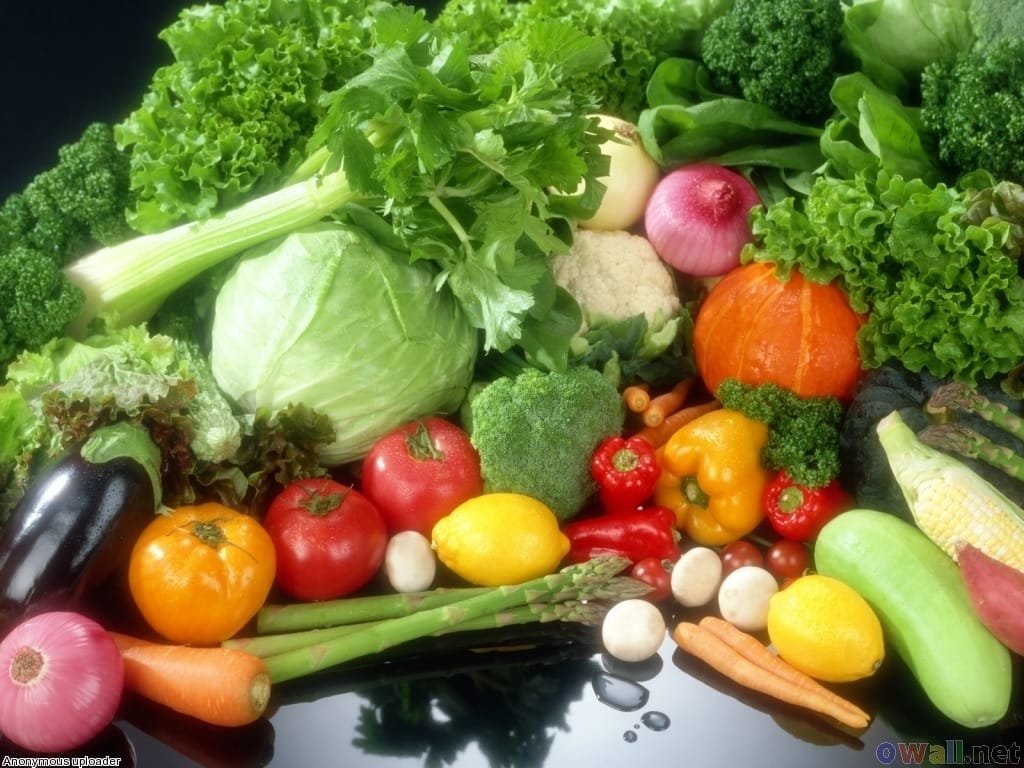There are foods to fight depression. Although no single food can cure depression, a nutrient-rich diet can help reduce symptoms. Research suggests that foods high in vitamins, minerals, antioxidants, proteins, and fatty acids are beneficial. Winter months can be especially depressive especially in the coldest months of January and February.
Leafy Green Vegetables
Leafy greens like spinach, collard greens, and kale are high in magnesium, a mineral that may help regulate mood. Studies show that individuals with depression often have lower magnesium levels. These vegetables are also rich in folate, a B vitamin that may play a role in reducing depression symptoms.

Berries if in Season Are Foods to Fight Depression
Raspberries, strawberries, blueberries, and blackberries are packed with antioxidants, which help protect the body from cell damage. Research suggests that berries may have mood-enhancing effects similar to certain medications used to treat depression.
Turkey
Turkey contains tryptophan, an amino acid used to produce serotonin, a mood-regulating chemical. Studies indicate that consuming tryptophan may reduce the risk of developing symptoms of depression and anxiety. Stay away from processed deli meats though.
Carrots
Carrots provide unique antioxidants called carotenoids, known for their anti-inflammatory effects. Some studies link higher carotenoid consumption to lower symptoms of depression and anxiety.
Avocado
Avocados are rich in folate, potassium, tryptophan, and vitamin K, all of which may help ease symptoms of depression. Additionally, their monounsaturated fatty acids support brain health and may have antidepressant effects.
Mushrooms
Mushrooms are a good source of B vitamins and selenium, nutrients that may help combat depression. Research suggests that deficiencies in these nutrients are linked to increased depressive symptoms.
Tomatoes
Tomatoes contain antioxidants, iron, vitamin B6, and tryptophan, all essential for producing mood-regulating chemicals. Studies have found that older adults who eat tomatoes frequently may be less likely to experience depression symptoms.
Brazil Nuts are also Good in Foods to Fight Depression
Brazil nuts are rich in selenium, magnesium, potassium, zinc, calcium, and iron. They also contain ellagic acid, an antioxidant with potential antidepressant effects.
Walnuts
Walnuts provide mood-elevating nutrients, including omega-3 fatty acids, copper, iron, antioxidants, and magnesium. Research indicates that individuals who consume walnuts report fewer depressive symptoms.
Surprisingly Milk is Listed in Foods to Fight Depression
Milk is a good source of vitamin D, which may help reduce depression symptoms. Studies show that people who consume more low-fat milk and yogurt are less likely to develop depression.
Coffee
Coffee contains caffeine, which may provide a temporary mood boost. Some research suggests caffeine increases the production of feel-good chemicals like serotonin and dopamine. However, excessive coffee consumption can worsen symptoms in individuals with mood disorders, so moderation is key.
Salmon
Salmon is rich in vitamin D and omega-3 fatty acids, which may help alleviate depression symptoms in those with a deficiency. The American Heart Association recommends consuming two servings of fish like salmon per week.
Clams and Mussels
Shellfish such as clams and mussels are excellent sources of vitamin B12 and omega-3 fatty acids. Clams are also high in tryptophan, which is converted into serotonin, promoting mental well-being. Shellfish is seasonal so if you can find them fresh and reasonably priced then okay.
Hydration Plays a Part in Foods to Fight Depression
Staying hydrated is also essential for mental health. Studies show that drinking plain water can lower the risk of depression and anxiety.
Foods to Avoid If You Have Depression
It’s not just about what you eat but also what you avoid. Processed, sugary, and fried foods can negatively impact mood and overall well-being.
Junk Food
Junk foods are high in calories but low in nutrients. Research suggests that excessive consumption of junk foods, especially those containing artificial sweeteners, may increase the risk of depression. Refined foods, such as white bread and soda, may also contribute to mood changes and fatigue.
Alcohol
Although alcohol is sometimes associated with stress relief, it can worsen depression symptoms. As a depressant, alcohol slows brain activity and alters mood. Heavy drinking can also reduce the effectiveness of antidepressant medications.
Another good read: Winter Squash: Delicious – Healthy
Summary
Many nutrient-rich foods can help alleviate symptoms of depression. Incorporating foods to fight depression like leafy greens, berries, tomatoes, avocados, mushrooms, turkey, salmon, walnuts, and other healthy options into your diet may support better mental health.
While no food can cure depression, a well-balanced diet that includes fruits, vegetables, whole grains, and lean proteins can play a vital role in improving mood and overall well-being.
This article first appeared at https://www.verywellhealth.com/foods-for-depression-8548225

